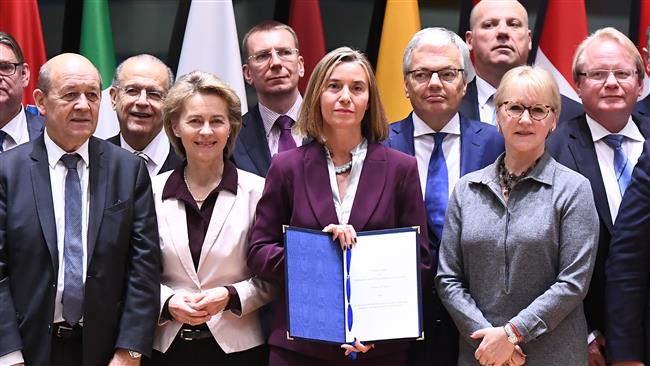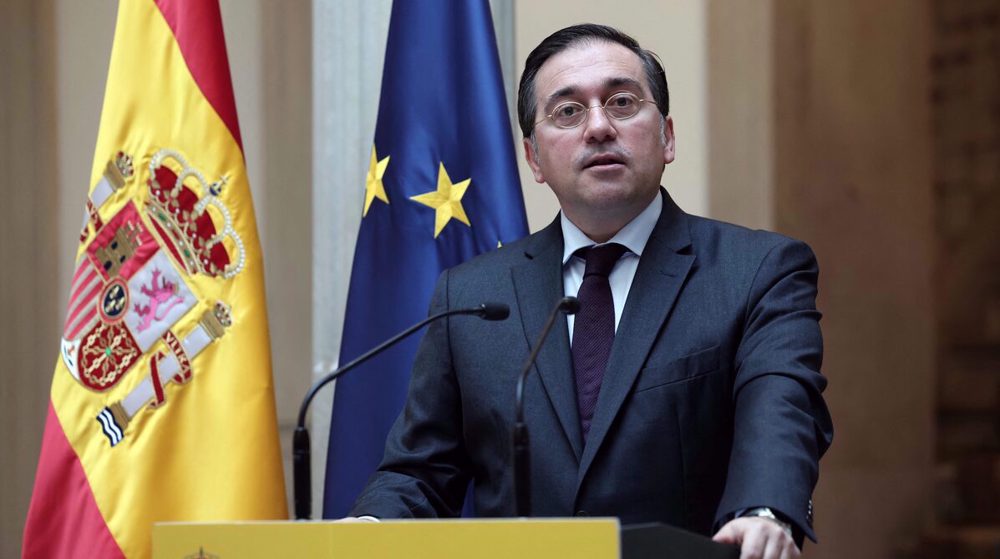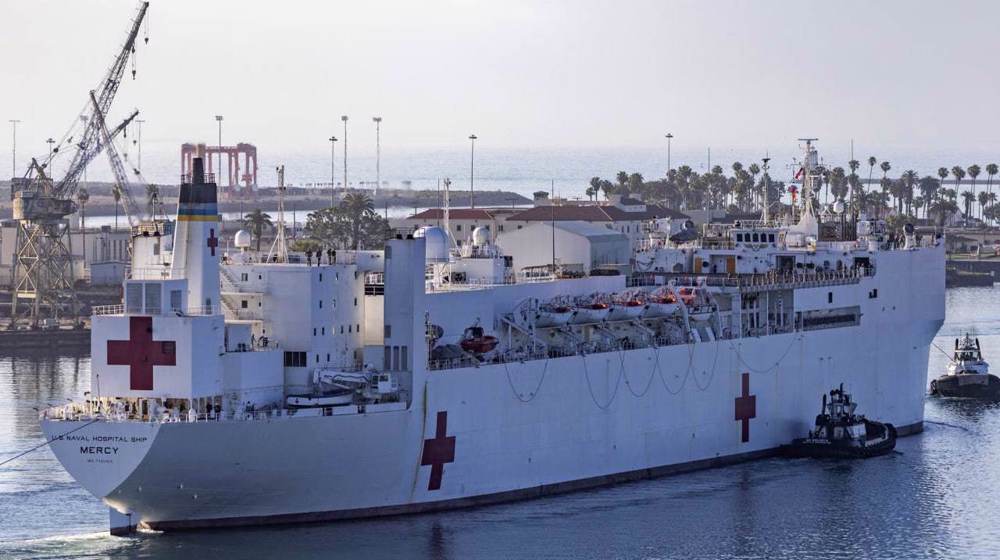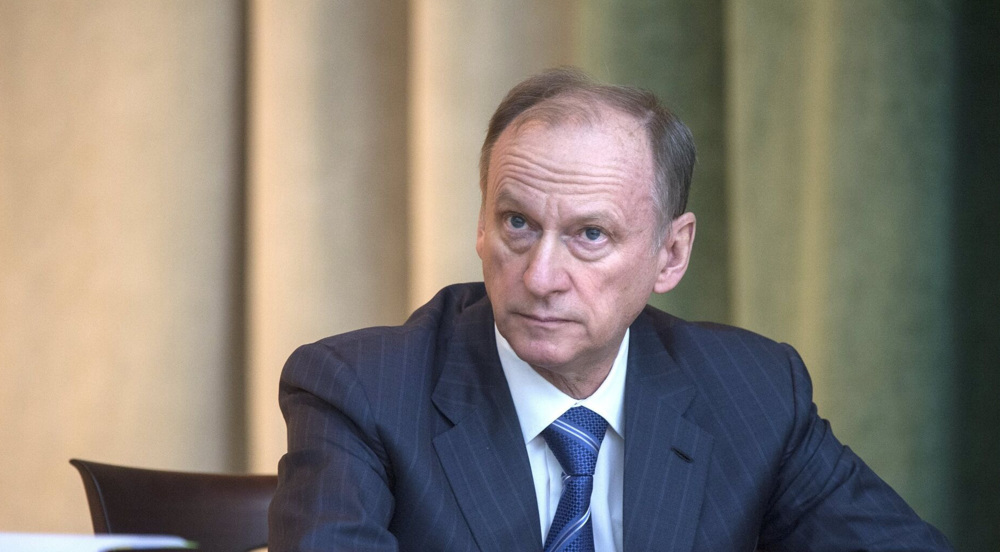EU members agree to establish new military union
Twenty three countries from the 28-member European Union (EU) have signed a pact to fund and develop a new military union, an idea that the United Kingdom has opposed but may now have no say in as it prepares to leave the bloc.
The agreement on the Permanent Structured Cooperation, or PESCO, was signed at the European Council in Brussels on Monday and is part of efforts led by Germany and France to bring the EU closer to having a permanent joint military force parallel to NATO but exclusive to the EU.
The UK, which has long resisted a pan-European military force, voted to quit the EU in June last year, and the administration of US President Donald Trump has asked Europe to pay more for American participation in NATO.
The EU’s foreign policy director, Federica Mogherini, hailed the new agreement as a “historic moment,” saying PESCO “will enable member states to use the economy of scale of Europe and in this manner to fulfill the gap of output that we have.”
Backed by a five-billion-euro fund, PESCO will come into force in December, after which members will for the first time be legally bound to conduct joint projects.

Those EU members that did not join the new union were the UK, Denmark, Ireland, Portugal, and Malta.
Austria, which is not a member of the NATO military alliance, agreed to join at the last moment.
Unlike similar efforts in the past, PESCO is not being opposed by the US-led NATO, which aims to benefit from stronger militaries.
Some members have also brandished the new union as an attempt to counter Russia. Western governments have been at odds with Moscow since the Crimean Peninsula, formerly territory of Ukraine, voted to unify with Russia in 2014.
“This is a commitment for countries to do better together,” French Foreign Minister Jean-Yves Le Drian said.
“It comes at a time of significant tension,” he added, apparently referring to Russia.
Moscow has already been unnerved by NATO’s increased military activities on Russia’s western borders. Moscow says the military alliance seeks to establish permanent presence near Russia by gradually building up forces there.
Rubio warns US envoys against undermining Trump’s pressure campaign targeting Iran: Report
Iran, Qatar stress continuation of diplomacy towards preserving regional peace, stability
Majority of Americans support Palestinian state as Israel backing declines sharply: Poll
New Israeli strikes kill more Palestinians across Gaza in 'serious violation' of ceasefire
Maliki urges respect for Iraq's sovereignty in meeting with Trump's special envoy
Iran urges restraint, immediate ceasefire as Afghanistan–Pakistan fighting escalates
VIDEO | Press TV's news headlines
VIDEO | Kabul residents call for calm as tensions escalate with Pakistan










 This makes it easy to access the Press TV website
This makes it easy to access the Press TV website